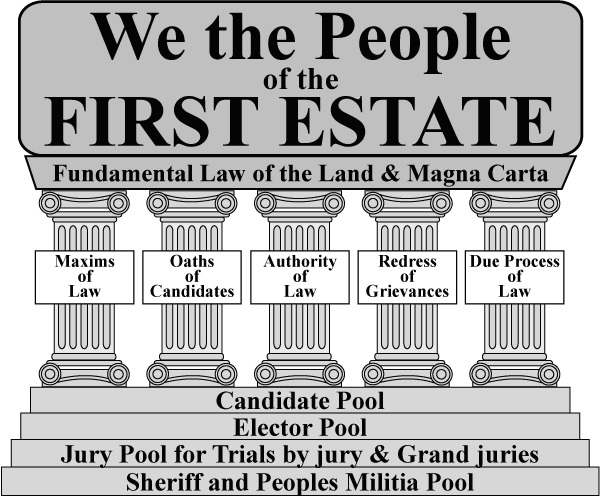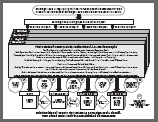COMMON, a.
COMMON, a.
1. Belonging equally to more than one, or to many indefinitely; as, life and sense are common to man and beast; the common privileges of citizens; the common wants of men.
2. Belonging to the public; having no separate owner. The right to a highway is common.
3. General; serving for the use of all; as the common prayer.
4. Universal; belonging to all; as, the earth is said to be the common mother of mankind.
5. Public; general; frequent; as common report.
6. Usual; ordinary; as the common operations of nature; the common forms of conveyance; the common rules of civility.
7. Of no rank or superior excellence; ordinary. Applied to men, it signifies, not noble, not distinguished by noble descent, or not distinguished by office, character or talents; as a common man; a common soldier. Applied to things, it signifies, not distinguished by excellence or superiority; as a common essay; a common exertion. It however is not generally equivalent to mean, which expresses something lower in rank or estimation.
8. Prostitute; lewd; as a common woman.
9. In grammar, such verbs as signify both action and passion, are called common; as aspernor, I despise or am despised; also, such nouns as are both masculine and feminine, as parens.
10. A common bud, in botany, is one that contains both leaves and flowers; a common peduncle, one that bears several flowers; a common perianth, one that incloses several distinct fructification; a common receptacle, one that connects several distinct fructification.



 Email Article
Email Article
Reader Comments